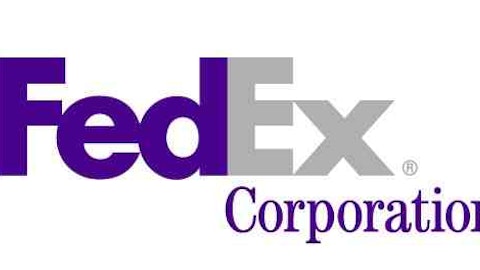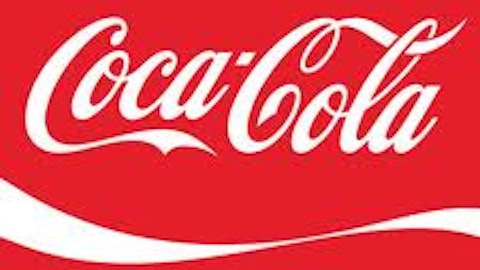Drexel goes bust
On Feb. 13, 1990, the parent company of Drexel Burnham Lambert filed for bankruptcy. This capped off a two-year battle that pitted the Securities and Exchange Commission against the storied firm, and it was one of the most empathic signals that the wheeling-and-dealing era of Gordon Gekko’s Wall Street was finished. The New York Times offered its readers a helpful timeline of Drexel’s rise and fall, which is presented here in brief:
1). 1976: The Drexel Burnham Group merges with Lambert Brussels Witter.
2). 1978: Drexel junk bond king Michael Milken moves his operations to Beverly Hills.
3). 1983: Drexel pioneers the use of junk bonds to finance hostile takeovers, which leads to the firm’s first billion-dollar revenue year.
4). 1986: Drexel banker Dennis Levine pleads guilty to securities fraud, but Drexel continues to grow and reaches $4 billion in revenue and $545 million in earnings.
5). 1987: Drexel client Ivan Boesky pleads guilty to fraud and agrees to cooperate with the feds, providing the key pieces needed to take down the firm.
6). September 1988: The SEC files a civil complaint against Drexel and Milken.
7). December 1988: Drexel agrees to plead guilty to six counts of criminal fraud and also agrees to remove Milken from his position and pay $650 million in fines.
8). January 1989: The fraud charges are filed.
9). March 1989: A federal grand jury indicts Milken on racketeering charges and seeks $1.8 billion in forfeitures from him and other defendants.
10). April 1989: Drexel and the SEC settle over the original civil charges.
11). May 1989: Drexel and Merrill Lynch complete the $4 billion junk-bond financing of private-equity titan KKR & Co. L.P. (NYSE:KKR)‘ buyout of RJR Nabisco — the largest such deal in history when adjusted for inflation.
12). June 1989: Milken resigns and announces plans to open his own firm.
13). Feb. 5, 1990: Drexel reports a 1989 annual loss of $40 million on $4.1 billion in revenue.
On Feb. 13, Drexel had no choice but to declare bankruptcy, as it defaulted that day on $100 million in loans after other Wall Street firms, unwilling to assist, made it a pariah. Drexel’s 5,000 employees began putting their resumes in order as the firm ceased its trading activities and began to close up shop.
Two months later, Milken pled guilty to six counts of fraud and tax charges. His sentencing resulted in $200 million in fines, $400 million in reimbursements to defrauded investors, a lifetime ban from the securities industry, and a 10-year prison sentence (later reduced to two years). A related civil lawsuit added another $500 million to Milken’s losses, bringing his total loss to $1.1 billion.
Since his release, Milken has become a crusader for youth education and health issues. He is the founder of both KinderCare, the largest for-profit child care provider in the United States, and K12 Inc. (NYSE:LRN) , the largest for-profit primary-age virtual charter school operation in the country. He was also dubbed “The Man Who Changed Medicine” by Fortune magazine in 2004 for his contributions to cancer research and treatment, particularly in the realm of prostate cancer. Despite the massive fines levied against him in 1990, Milken remains quite wealthy. With an estimated net worth of $2.3 billion in 2012, Milken is the 188th-richest man in the United States and the 546th-richest in the world.
The article The Dow’s Big Day and the Death of Drexel originally appeared on Fool.com and is written by Alex Planes.
Fool contributor Alex Planes holds no financial position in any company mentioned here. Add him on Google+ or follow him on Twitter @TMFBiggles for more insight, and occasional attempts at comedy.The Motley Fool recommends K12.
Copyright © 1995 – 2013 The Motley Fool, LLC. All rights reserved. The Motley Fool has a disclosure policy.





